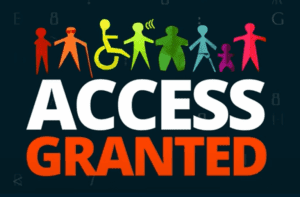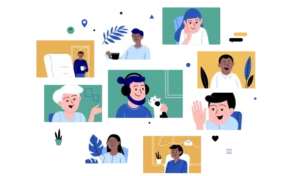Elderly People Stand up for Accessibility
Written by the Ablr Team
Earlier this year, 78-year-old retired Spanish doctor Carlos San Juan attempted to withdraw money over the counter his bank rather than through the cashpoint, which was inaccessible to him because of limitations imposed on him by his age – and was charged an extra fee. San Juan did not believe that this was fair: as he put it, “I’m elderly, not an idiot”. Inspired by his experience, San Juan started on online petition at change.org to make Cashpoints in particular, and banking in general, more accessible to everyone. The petition garnered more than 640,000 signatures, and Spain’s national government listened. It issued a set of new legal obligations that banks must meet, and that ensure that everyone can use their services. These obligations include:
- Toll-free telephone assistance as an alternative to online services or face-to-face interaction
- Free training in online banking for the elderly, and everyone else who wants it or feels they need it
- Increased opening hours to accommodate clients’ schedules
- Priority queuing for people who are 65+ years of age, or who have disabilities
- More accessible cash points kept in working order
- Simplified versions of cashpoints, websites, and apps
- Specific training for bank staff on interacting with elderly clients or clients with disabilities
- More branches, or at least cashpoints, in sparsely populated areas
This is a huge win for accessibility. While the new legal obligations apply only to Spanish banks, there may be lessons to be learned here for the United States, where accessibility and disability inclusion still often take a back seat.
An Ablr team member, who is blind, recently went to the Wake County CourtHouse in order to complete a form. When she arrived at the courthouse, however, she was informed that assistance in filling in the form was not available – but that the form was available online. This was of little help to our team member, who was at the courthouse and not in front of her computer, and therefore did not have internet access. Our team member had to retreat to a public library with internet access to complete the form, and then return to the courthouse to conclude her business. Inaccessibility, and the refusal to provide assistance and accommodations, turned a quick errand into a lengthy and tedious undertaking.
Incidents like this one show that discrimination is still endemic in our world – and specifically in our country. Experiences like the one our team member had at the Wake County Court House are, in one word, unacceptable. Let’s all take our cues from an elderly Spanish doctor, and redouble our efforts to advocate for stricter and more wide-ranging accessibility requirements, and better disability inclusion.






